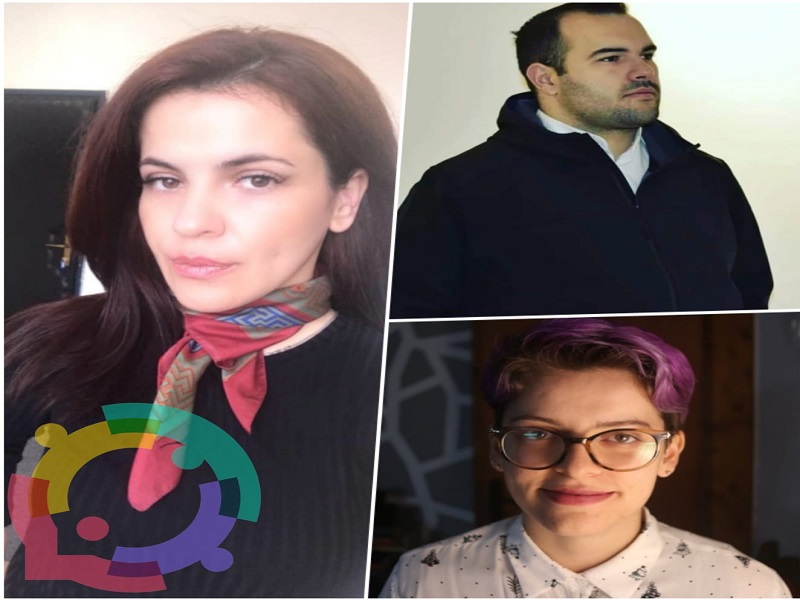Category: Blog Organizations: Alternativna , UNMIK Tags:
The twenty-first of February marked the International Mother Language Day. This year's celebration focused on linguistic diversity and multilingualism. A brief explanation of multilingualism is that it is about the ability to communicate in three or more languages. Therefor exists the term polyglot - a person who speaks several languages. You will most often find polyglots among translators and language teachers. We talked to three of them. We asked them why young people should learn other languages and why multilingualism is important. They all agree on one thing - knowing more languages contributes to a better understanding of other peoples, but also their culture and traditions.
Dhurata Prokshi speaks Albanian, Serbian, English and German.
"It is extremely important for young people to learn other languages, it is especially important from the perspective of greater and better preparation for the labor market. Knowledge of more foreign languages creates preconditions for better opportunities in a professional sense. Another thing that contributes to learning and knowing another foreign language is openness. and a better understanding of those whose mother tongue is not the same as ours. Multilingualism is proof of how open and developed a particular society actually is in cultural, social, and economic terms," says Prokshi.
Redžo Kojić speaks Bosnian, Albanian, English and Turkish.
"Given that the need for communication is crucial, in local and foreign languages, I believe that learning foreign languages is very important for removing language barriers and creating friendly bridges," he explains.
He says the importance of multilingualism is actually a fortune.
"The necessity for knowing more languages is in line with the circumstances and the gener needs, it is a real fortune to know more languages, because we are ready to create normal communication with others, and the others with us," he adds.
Miljana Đorić is engaged as translator. In addition to her native Serbian, she also speaks English and is currently learning Albanian.
"Young people should strive to know as many languages as possible, especially young people living in a multiethnic place such as Kosovo, because language plays an important role in the development of an educated and versatile personality and allows us to get to know the culture and the tradition of other people," says Đorić.
“Multilingualism opens many doors in the lives of young people, while its importance is also reflected in the fact that it is an extremely important factor in the process of employment and business progress,” she adds.
What language would you, dear readers, like to learn? Maybe it would be best to start with the language of your neighbor!




